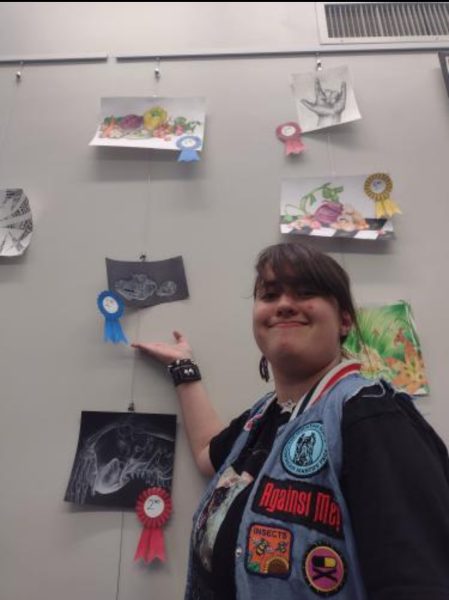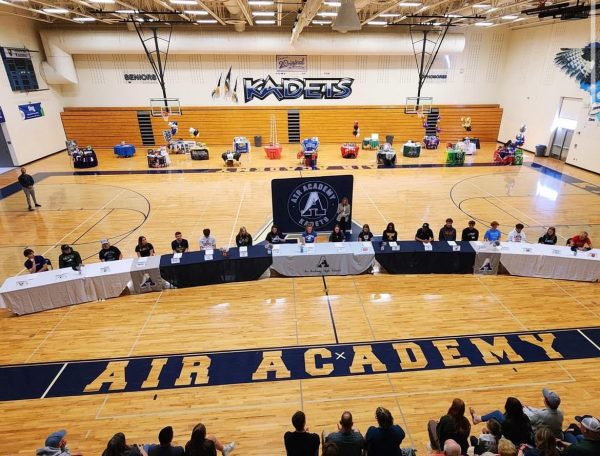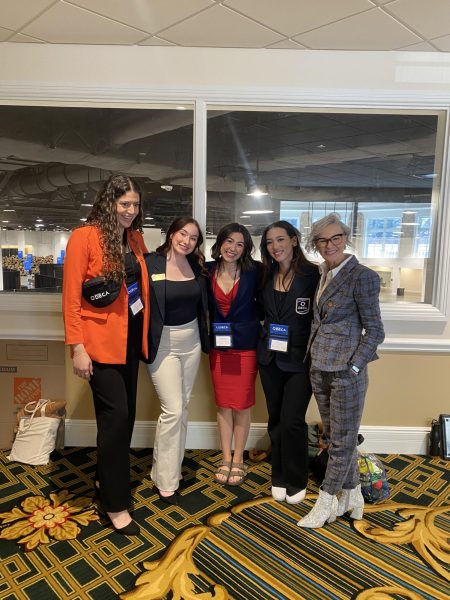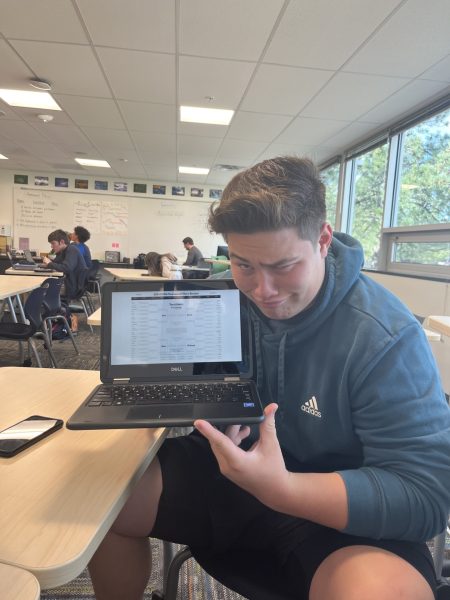Protests in Venezuela
Economic inflation and a corrupt government in Venezuela sparks violence, protests, and national hunger. Over the past 11 months, the state of Venezuela has been declining since the death of Hugo Chavez, the previous president. Venezuelans adored Chavez and elected him for four presidential terms, but he died 54 days into his fourth term. Directly after Chavez died, his vice president, Nicolas Maduro, announced on national television that Chavez died. On April 19, 2013, Maduro was inaugurated as the president of Venezuela. Maduro has had a hard time dealing with economic inflation, drugs, gangs, and protests.
As of right now, Venezuela is one of the top ten most dangerous countries. In 2013, there were a reported 28,000 homicides. Before Chavez died in 2012, the crime rate was about 16,000 deaths a year, a little less than half of what the homicide rate is currently. Public safety is currently a huge problem in Venezuela. Drug trafficking and human trafficking, along with homicide, are top concerns of Venezuela’s administration. Because of their proximity to Colombia, Venezuela has had a difficult time dealing with tracking and arresting drug lords and their affiliates.
The United States has had a hard time dealing with Venezuela. Secretary of State John Kerry states, “Regrettably, President Maduro keeps choosing to blame the United States for things we are not doing or for things that they are unhappy about in their own economy and their own society.” Maduro announced that he intends to send a diplomat to Washington to explain what is going on in his country. The US, who has been equally as difficult, expelled three Venezuelan diplomats on the week of the 24th of February. The way I see it, the US has very limited influence on what Maduro and Venezuela do. The State Department can talk with Maduro, but in the end, the president of Venezuela must deal with the problems that the citizens have drawn attention to.
Besides exporting three diplomats, the US hasn’t made much of the situation at hand. The situation is being put on the back burner because it isn’t as radical as Ukraine, but still, 13 people died and even more have been stripped of their liberties. So what can we do? Or is the bigger question should we help at all? The United States isn’t the police of the world; Venezuela doesn’t want our help, so what can possibly be beneficial about poking back at them.
Maduro hasn’t only had trouble with keeping his citizens in a peaceful state, he has also had trouble with keeping the economy in check. Massive amounts of inflation has caused businesses around the country to close or go bankrupt. Grocery stores have become so expensive either the store can’t afford to buy food or the people can’t afford to buy it from them. The inflation is so bad that the government has to order stores around the country to reduce prices.
One of Venezuela’s largest exports is oil. It owns some of the largest oil reserves in Latin America, but most of them are owned by private companies. Venezuela’s corruption has caused the government to lose massive amounts of money by allowing private companies to occupy the oil reserves.
Whatever happens over the next couple of months, maybe even years, the United States can hope only that it doesn’t get too extreme and that Maduro and his citizens can sort things out. As for the state of Venezuela, they really need to set priorities and come to a consensus as to what to do to fix the state they are in.



![[Man with face covered by a ribbon]. Retrieved February 27, 2014, from:
http://www.globalpost.com/sites/default/files/imagecache/default/photos/2014-February/venezuela_protests_4.jpg.](https://thejetstreamjournal.com/wp-content/uploads/2014/03/21.jpg)





